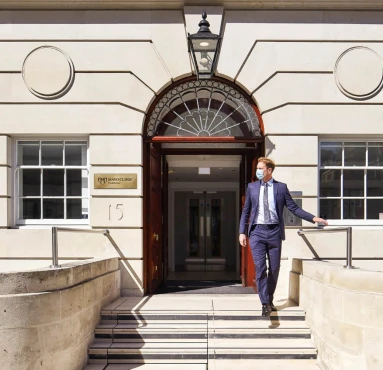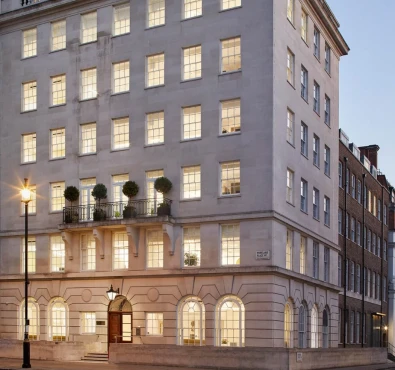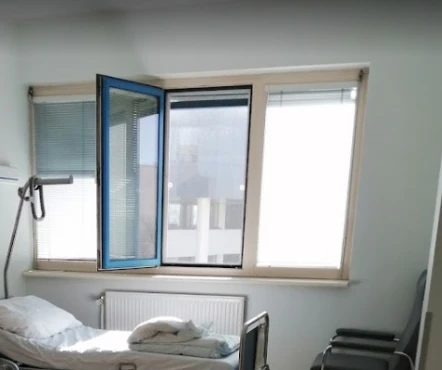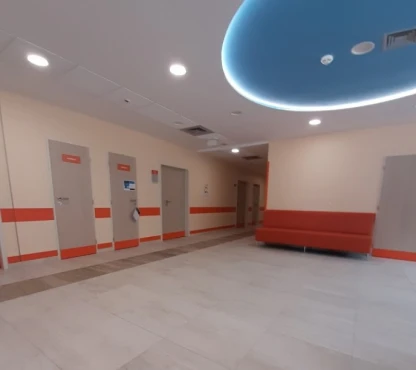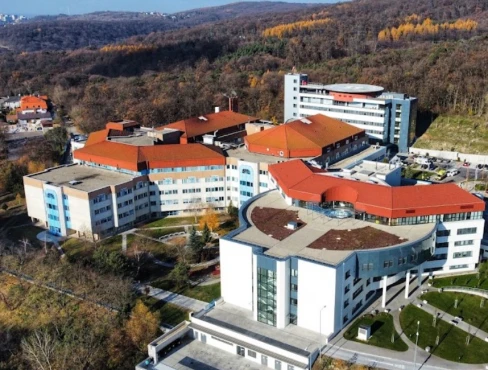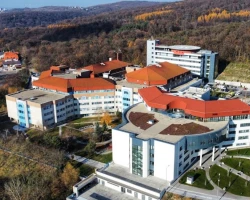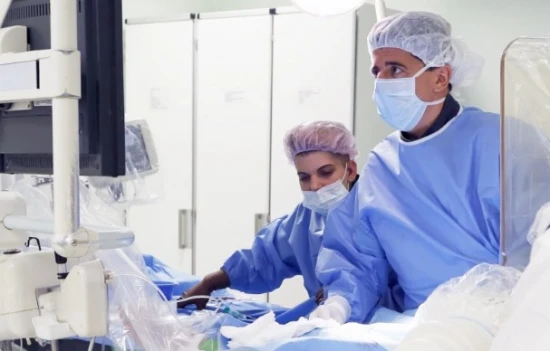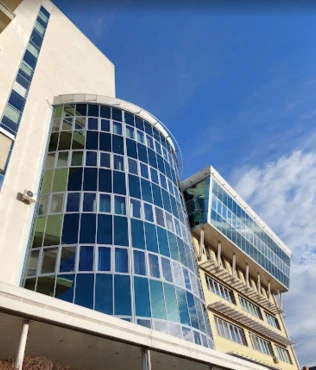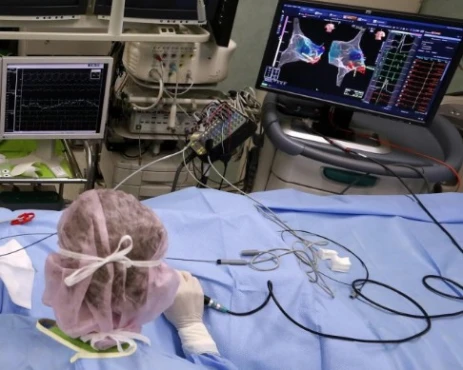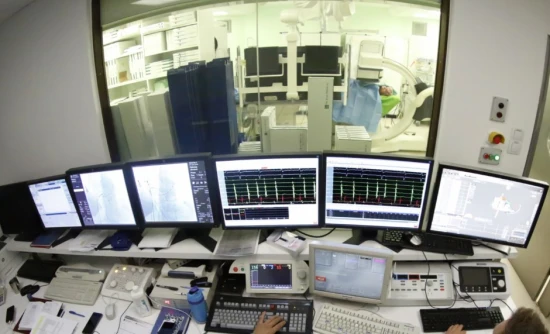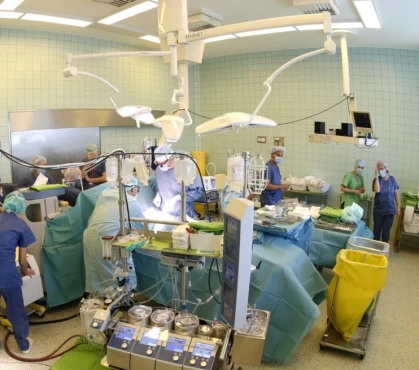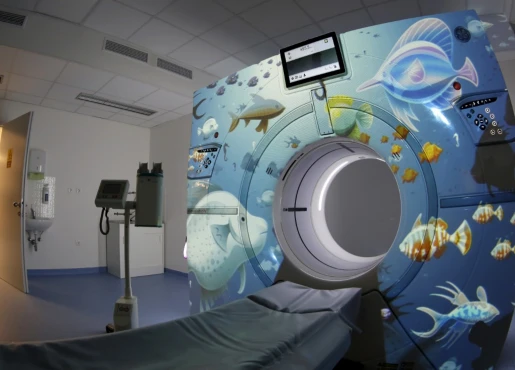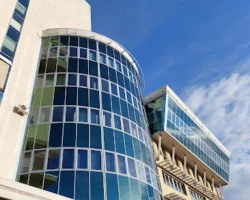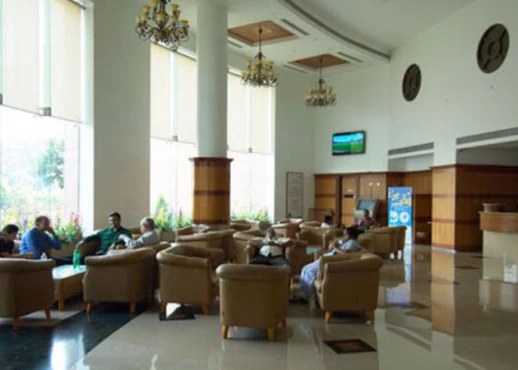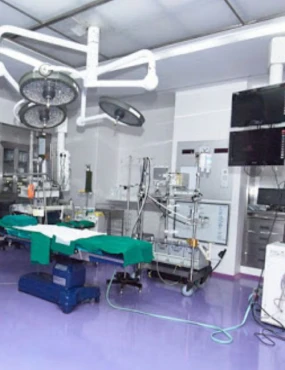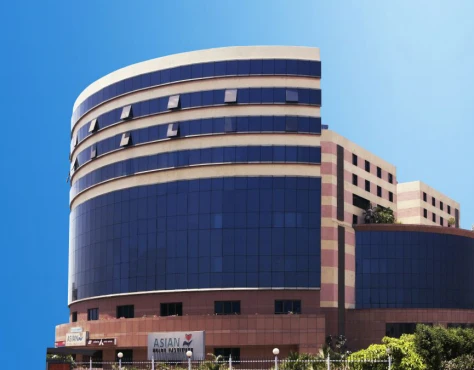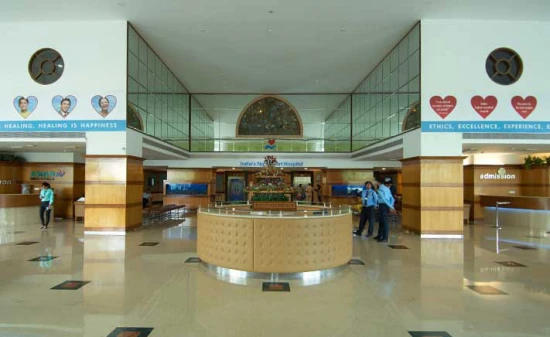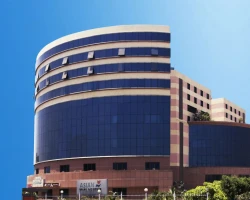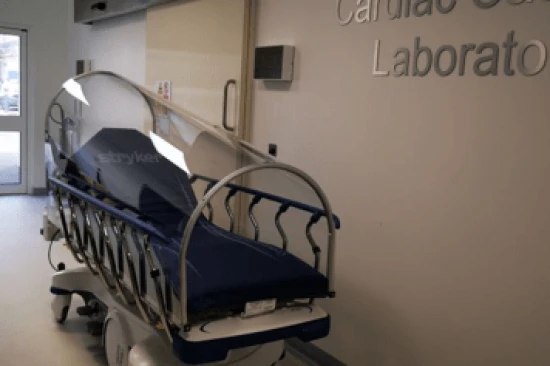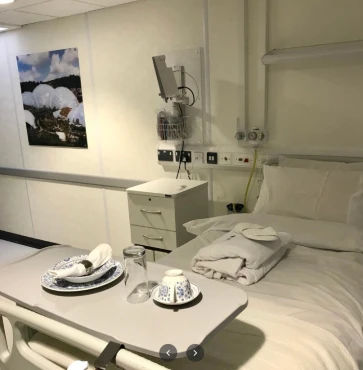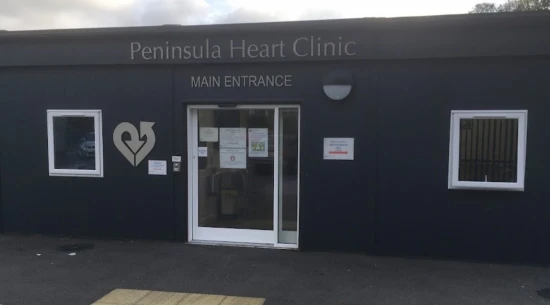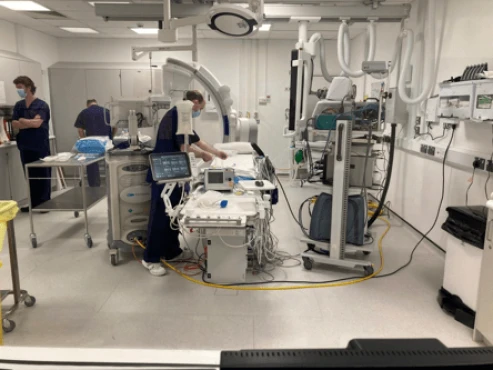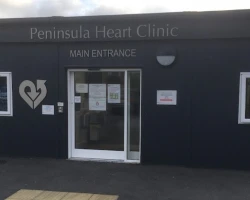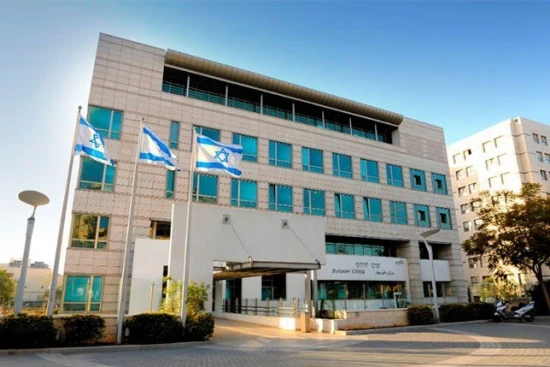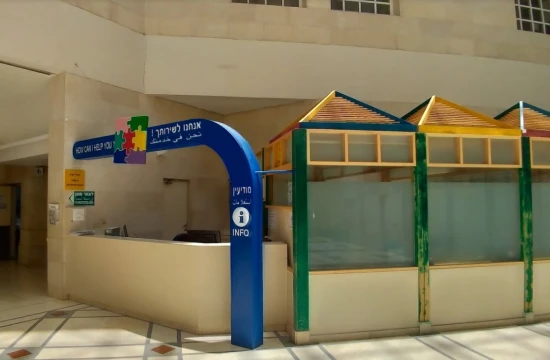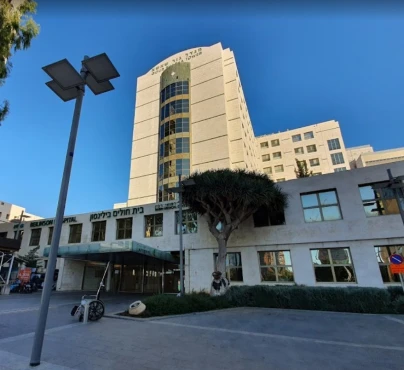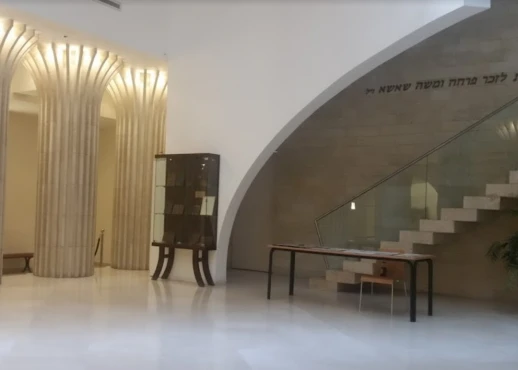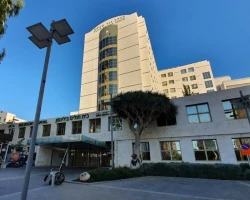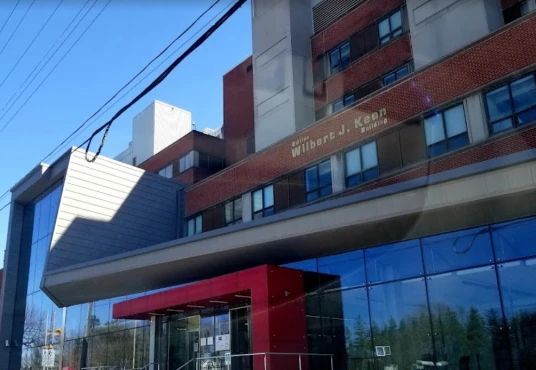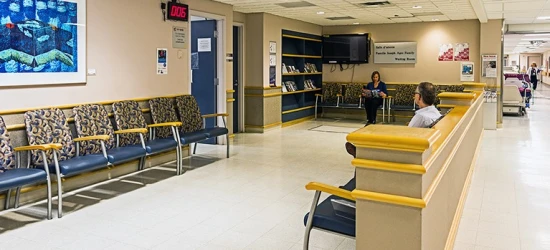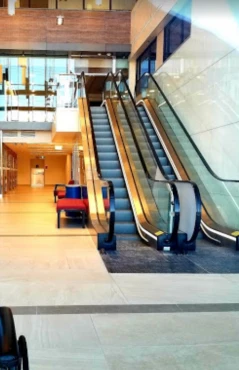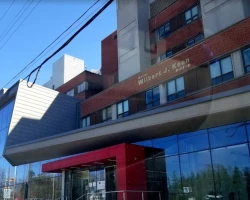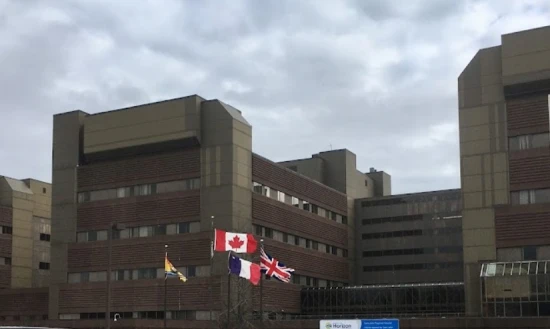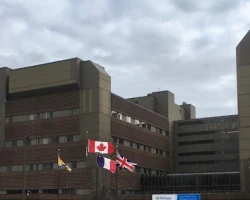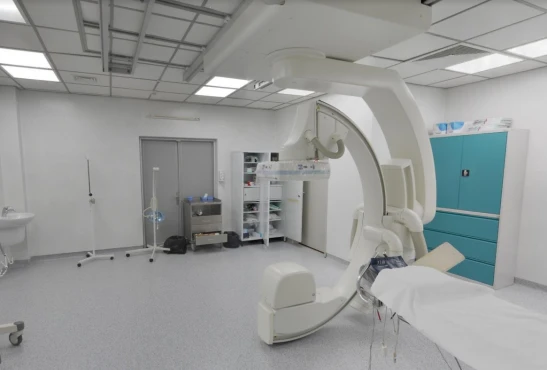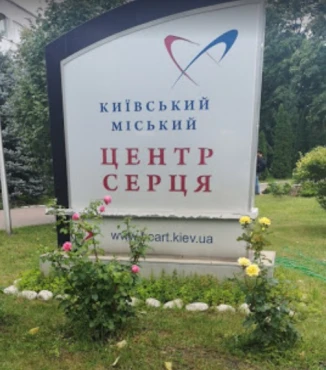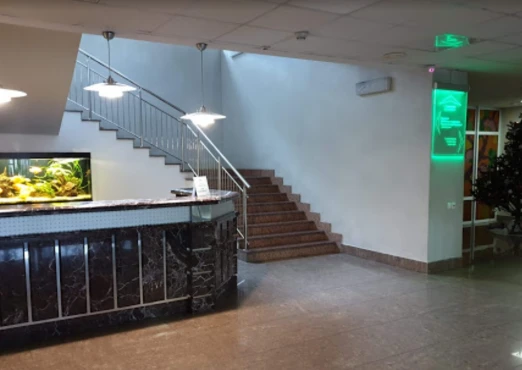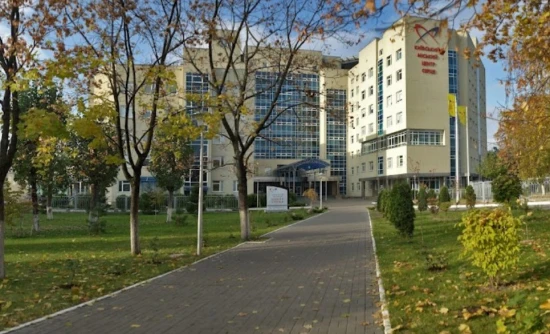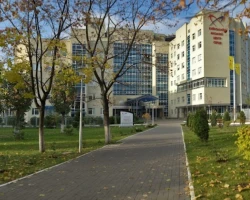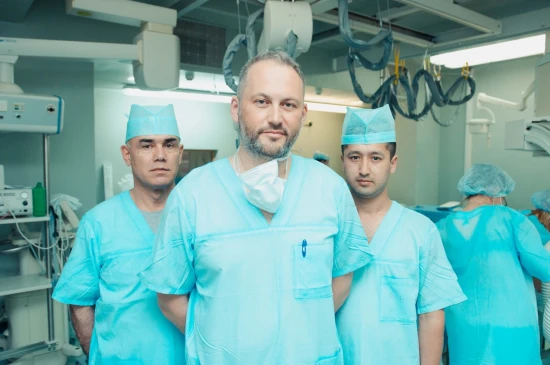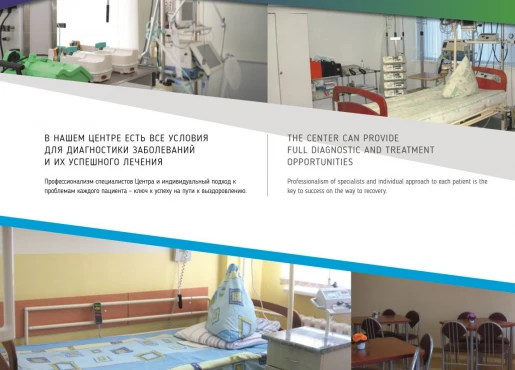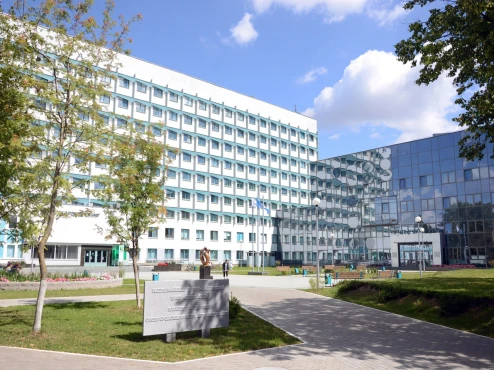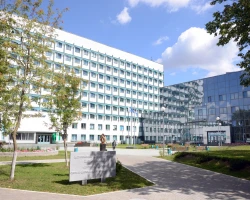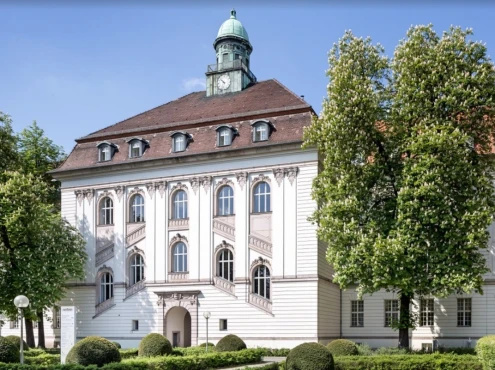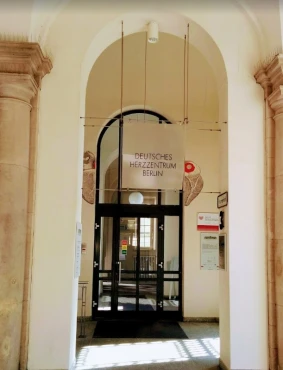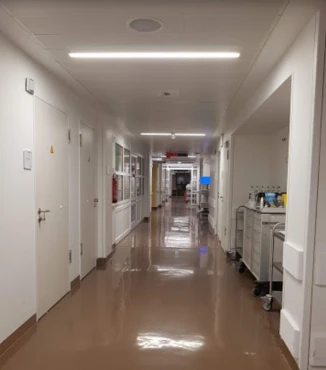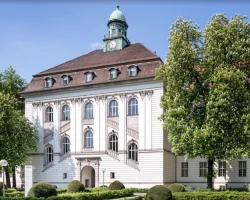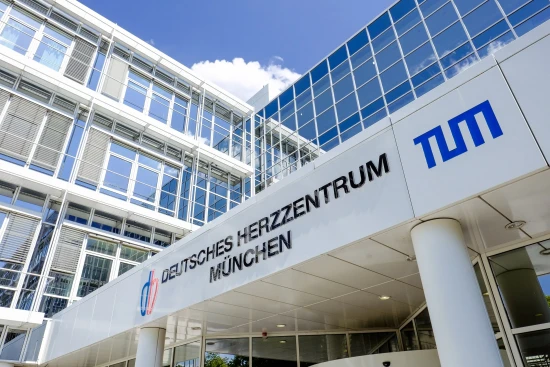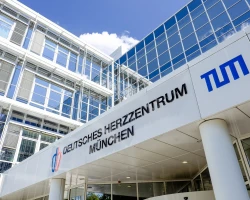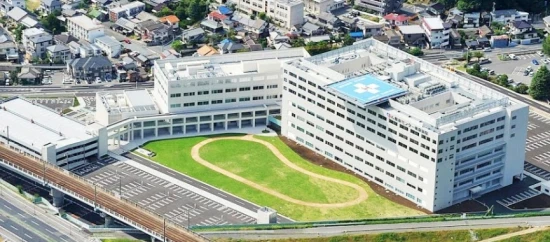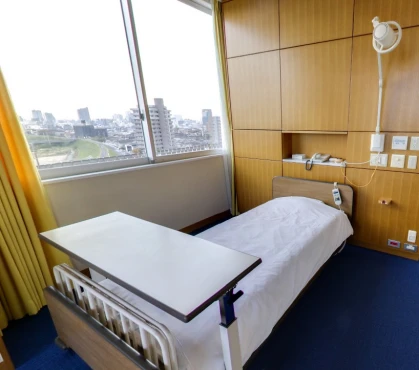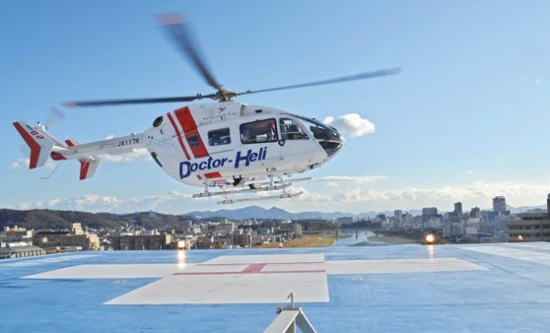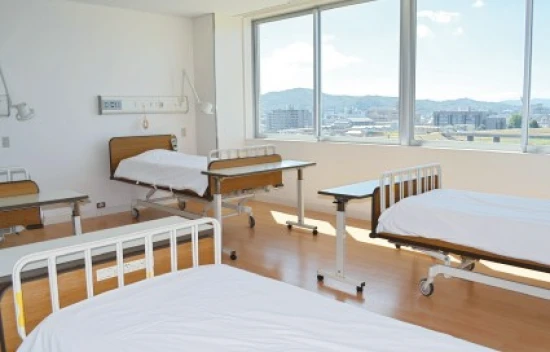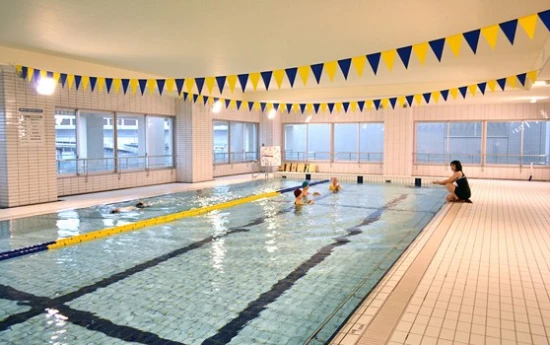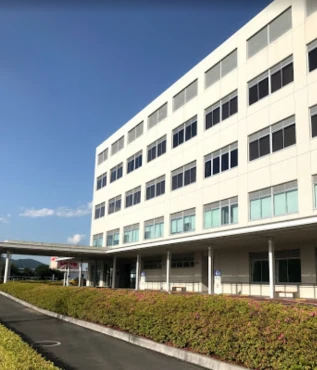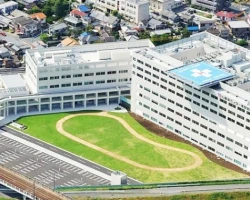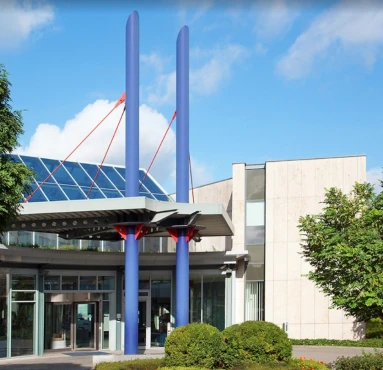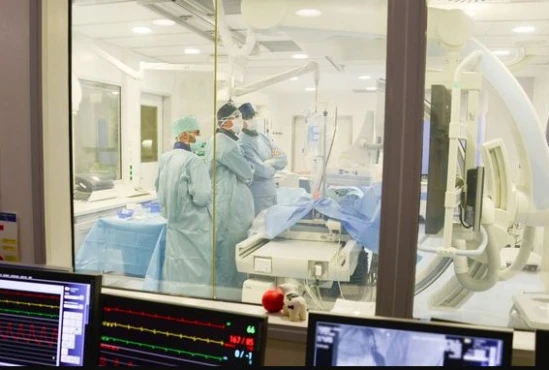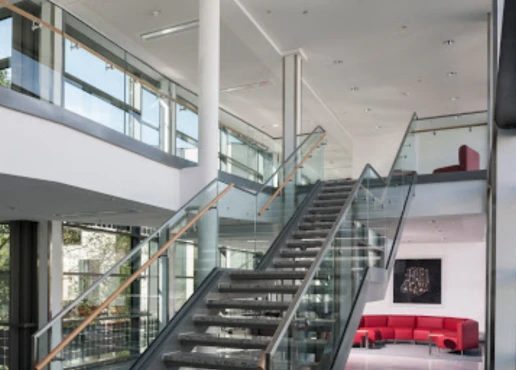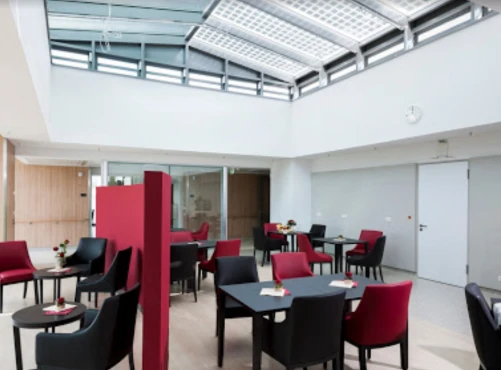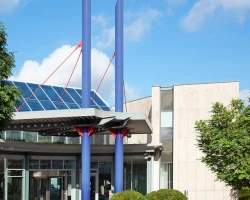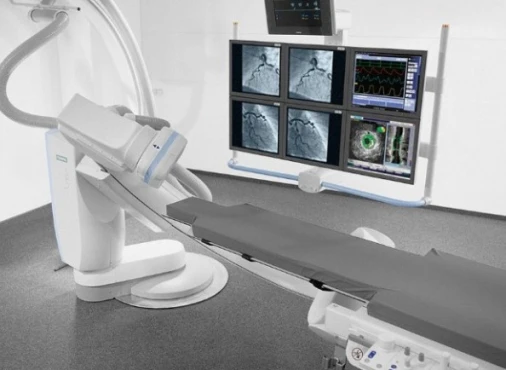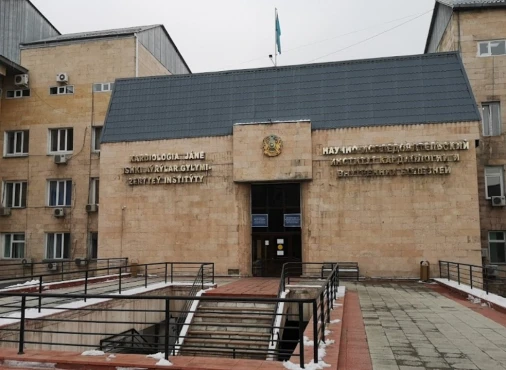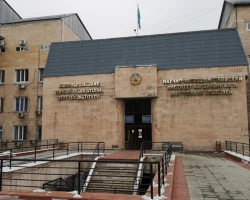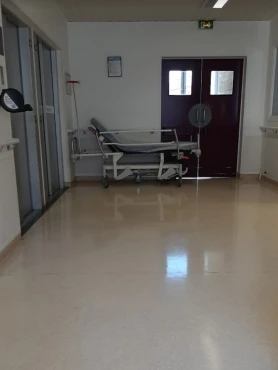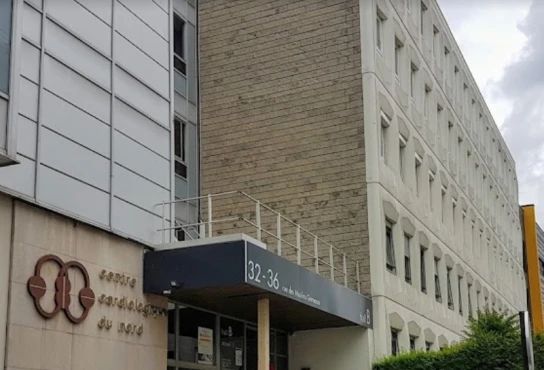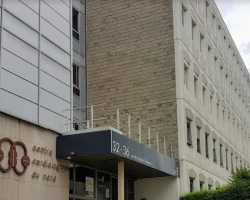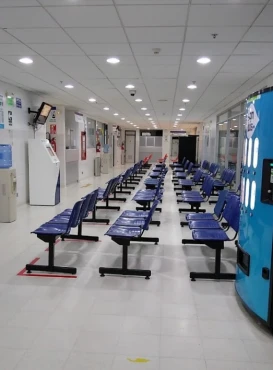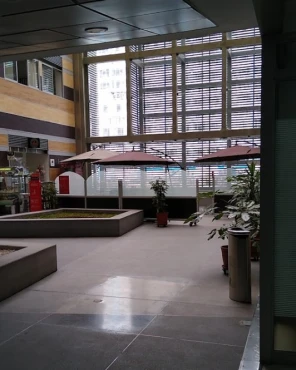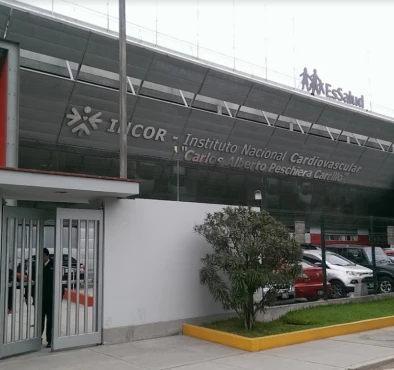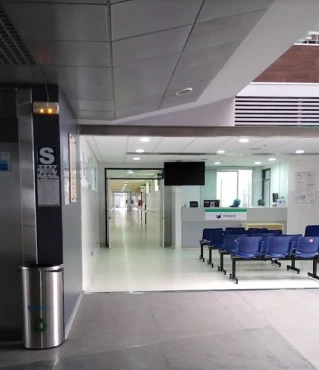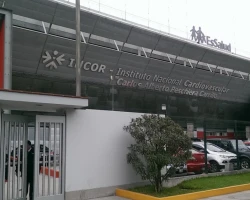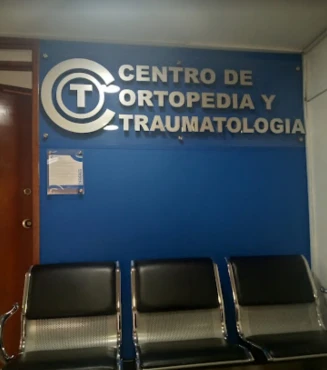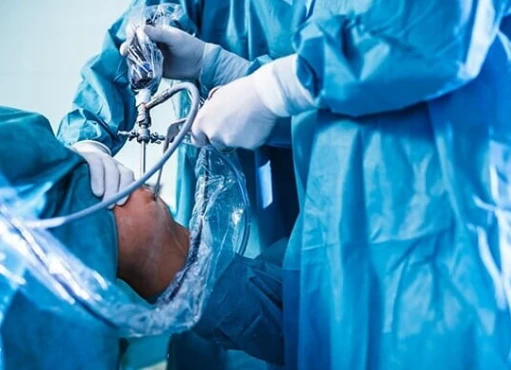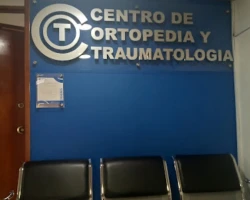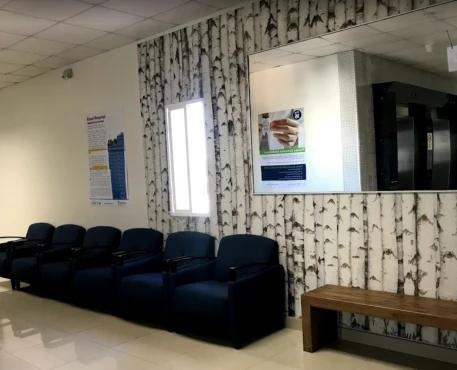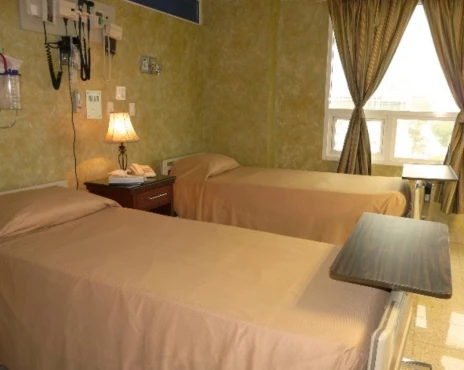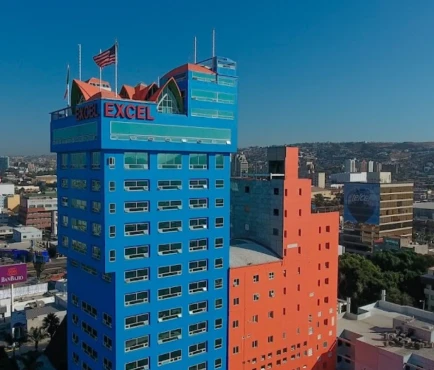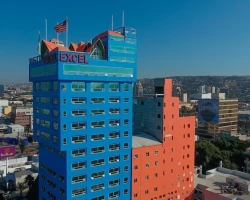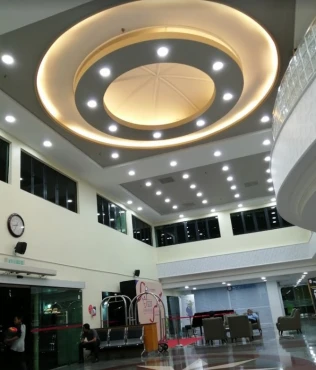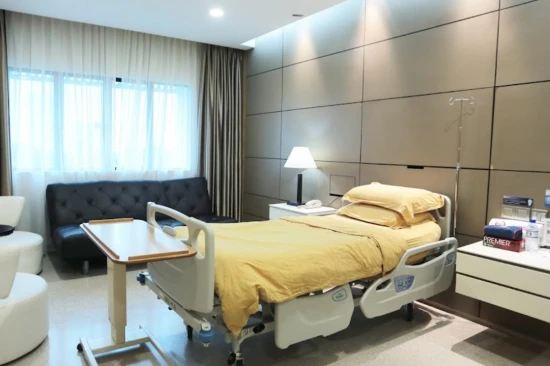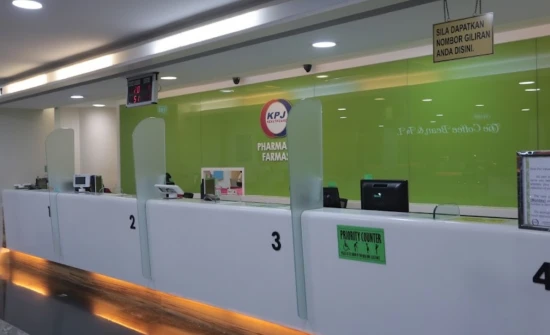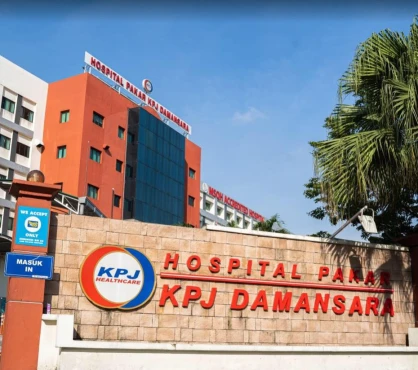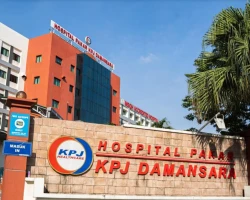Hemodynamic disturbances in mitral stenosis
Mitral stenosis (MS) is a narrowing of the space between the left ventricle and the atrium. This is a fairly common heart disease, which can be either acquired or congenital. In this article, we tried to describe in detail the features of hemodynamics in this pathology, and also briefly touched on general information about this disease. To better understand the material, it is necessary to recall the structural features of the heart, circulatory circles and understand what the term "hemodynamics" means.
What do we understand by the term "hemodynamics"?
Hemodynamics is a branch of circulatory physiology that deals with the study of blood flow. It focuses on how the heart pumps blood throughout the body. Blood circulation is a vital process. It is needed in order to deliver oxygen and other molecules and substances to and from tissues. Hemodynamic disturbances can cause serious health problems.
How is normal blood flow formed?
Key elements of the hemodynamic system include:
- heart rate (HR);
- stroke volume (volume of blood ejected by the heart in one contraction);
- cardiac output (heart rate multiplied by stroke volume);
- systemic vascular resistance and blood pressure.
The average stroke volume for an adult is 75 ml, with which a heart beating 70 times per minute will have a cardiac output approximately equal to the total volume of blood in the body.
Thus, cardiac output is a measure of how efficiently the heart can move blood throughout the body.
The blood flow is related to the resistance provided by the blood vessels. To successfully pump blood around the body, the heart must overcome it. Cardiac output multiplied by systemic vascular resistance equals arterial pressure.
When cardiac output is impaired (for example, due to the pathology discussed in this article), it is difficult for the body to cope with its daily needs, since the amount of oxygen supplied to the tissues and organs of the body is reduced.
How does the heart pump blood around the body and what does it normally consist of?
The normal human heart consists of four chambers: two ventricles and two atria. The right side of the heart is separated from the left and is less massive. The right ventricle sends blood to the lungs through the pulmonary arteries, while the left ventricle sends blood through the aorta to smaller vessels, and from them to the organs and tissues of the whole organism.
The heart has four valves:
- mitral (it is also called bicuspid);
- tricuspid (tricuspid);
- aortic;
- pulmonary.
What are heart valves for?
The valves of the heart prevent backflow of blood. They open and close depending on the contractions of the chambers of the heart.
Some general information about mitral stenosis
The basics of the origin of MS and its pathophysiology (development) are very important in the context of the analysis of hemodynamics in this pathology. The bicuspid valve and chambers of the heart have a functional reserve that is depleted as the disease progresses.
Rheumatic fever is the leading cause of mitral stenosis.
Other less common causes of mitral stenosis include:
- congenital stenosis of the mitral valve;
- triatriatum (cor triatriatum, three-atrial heart);
- calcification (calcium impregnation of the mitral ring with spread to the leaflets);
- systemic lupus erythematosus;
- rheumatoid arthritis;
- left atrial myxoma and infective endocarditis with large vegetations.
MS occurs in about 40% of all patients with rheumatic heart disease and a history of rheumatic fever (in the past). With a decrease in the incidence of acute rheumatic fever, especially in countries with a temperate climate and in developed countries, mitral stenosis has also become less common. Nevertheless, these diseases remain a serious problem in developing countries, mainly in countries with tropical and semi-tropical climates.
In rheumatic MS, chronic inflammation leads to diffuse thickening of the valve leaflets with the formation of fibrous tissue and/or calcific deposits. The tendon chords merge and shorten, the valve leaflets become rigid (hard, unyielding). These changes, in turn, lead to narrowing of the valve.
Calcification (impregnation with calcium) of the stenotic mitral valve contributes to the immobilization of the leaflets and further narrowing of the atrioventricular orifice.
Although the initial mitral valve disease is often rheumatic, later changes may be exacerbated by a non-specific process resulting from valve injury due to changes in the blood flow pattern.
Normal hemodynamics of the left side of the heart
Blood enters the left atrium (LA) from the pulmonary veins and then, through the open mitral valve located in the atrioventricular orifice, enters the left ventricle, and from it into the aorta and other vessels of the systemic circulation (the latter ends in the right atrium).
Aspects of hemodynamics in mitral stenosis
In healthy adults, the area of the mitral valve opening is 4–6 cm². In the presence of significant obstruction, that is, when it decreases to 2 cm², blood can flow from the left atrium into the left ventricle only due to an abnormally increased pressure gradient. When the mitral valve opening is reduced to less than 1.5 cm² (called severe MS), a left atrial pressure of about 25 mmHg is required to maintain normal cardiac output.
However, as noted earlier, along with the progression of the disease, the functional reserve of the valve and the heart itself decreases. The left atrium begins to increase due to the increase in muscle mass and stretching. If it cannot cope with the load, there is stagnation of blood in the pulmonary veins and an increase in pressure in them.
This leads to respiratory failure and shortness of breath. The latter increases the speed of blood flow through the mitral opening, which leads to a further increase in the load on the left atrium.
Over time, if left untreated, MS can lead to the addition of pulmonary hypertension.
The mechanisms of formation of pulmonary hypertension are:
- reverse blood flow from an overloaded left ventricle;
- reflex narrowing of the pulmonary arterioles (the so-called second stenosis), which is presumably provoked by blood stasis in the LA and pulmonary veins (Kitaev's reflex);
- edema in the walls of small pulmonary vessels;
- changes in the pulmonary vascular bed in the terminal stage.
Also, with pulmonary hypertension, fibrous thickening of the walls of the alveoli and pulmonary capillaries is usually observed. Lung volumes, such as vital capacity, total lung capacity, etc., decrease. The elasticity of the lungs decreases further as the pressure in the pulmonary capillaries increases during exercise.
Severe pulmonary hypertension leads to right ventricular enlargement, secondary tricuspid regurgitation, respiratory failure, and right-sided heart failure. Thus, with mitral valve stenosis, other heart defects can be added.
In patients with severe MS (the mitral valve opening in this case is about 1-1.5 cm²), cardiac output at rest is normal or almost normal, but the patient's body is deficient in oxygen and nutrients during exercise.
In patients with very severe MS (when the valve area is less than 1 cm²), especially in patients with markedly increased pulmonary vascular resistance, the heart cannot pump. Left atrial pressure rises at rest and further increases during exercise, which often causes a secondary increase in end-diastolic pressure (pressure in the chambers of the heart during relaxation) and an increase in right ventricular volume.
The following factors influence hemodynamic parameters in mitral stenosis:
- adequate therapy of pathology;
- functional features of the left ventricle and atrium;
- the presence of diseases of the lungs and pulmonary vasculature, as well as other heart defects;
- the patient's adherence to treatment;
- age of the patient and his other features.
Hemodynamic disturbances in MS and increased risk of thrombosis
A pathologically altered, calcium-soaked mitral valve can contribute to the formation of blood clots - blood clots. However, in patients with atrial fibrillation (AF), thrombus formation more often arises from the dilated left atrium, especially from its appendage. However, the formation of blood clots and their separation (systemic embolization) may occur in asymptomatic patients with only mild mitral stenosis.
Summary
Mitral stenosis is a narrowing of the space between the left ventricle and the atrium. Hemodynamics in this pathology is determined by the complex anatomical and pathophysiological features of the valvular apparatus. The functional originality of the left ventricle and atrium, as well as the patient's pulmonary vasculature, also has a great influence on the hemodynamic significance and clinical manifestations of narrowing of the left atrioventricular orifice.
References:
- Bailey, Regina. "What Is Hemodynamics?" ThoughtCo, Sep. 22, 2021.
- Abbo KM, Carroll JD. Hemodynamics of mitral stenosis: a review. Cathet Cardiovasc Diagn. 1994;Suppl 2:16-25.
- Harrison`s Principles of Internal Medicine 19/E (Vol.1). Dennis Kasper, Anthony Fauci, Stephen Hauseret all. McGraw-HillEducation 2015 ISBN: 0071802134 ISBN-13(EAN): 9780071802130.
- Otto CM, Nishimura RA, Bonow RO, et al. 2020 ACC/AHA Guideline for the Management of Patients With Valvular Heart Disease: Executive Summary: A Report of the American College of Cardiology/American Heart Association Joint Committee on Clinical Practice Guidelines [published correction appears in Circulation. 2021 Feb 2;143(5):e228] [published correction appears in Circulation. 2021 Mar 9;143(10):e784]. Circulation. 2021;143(5):e35-e71. doi:10.1161/CIR.0000000000000932.
